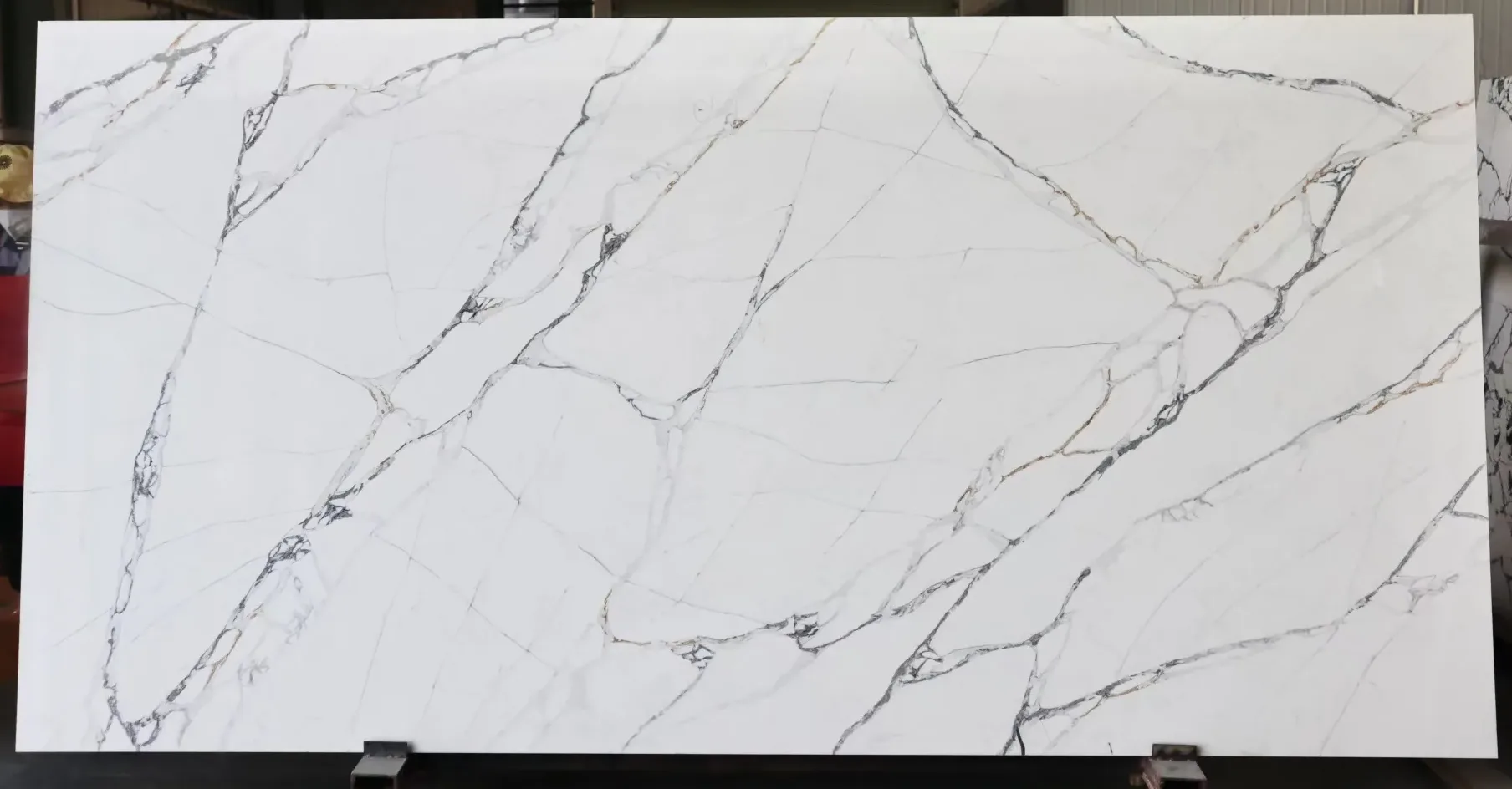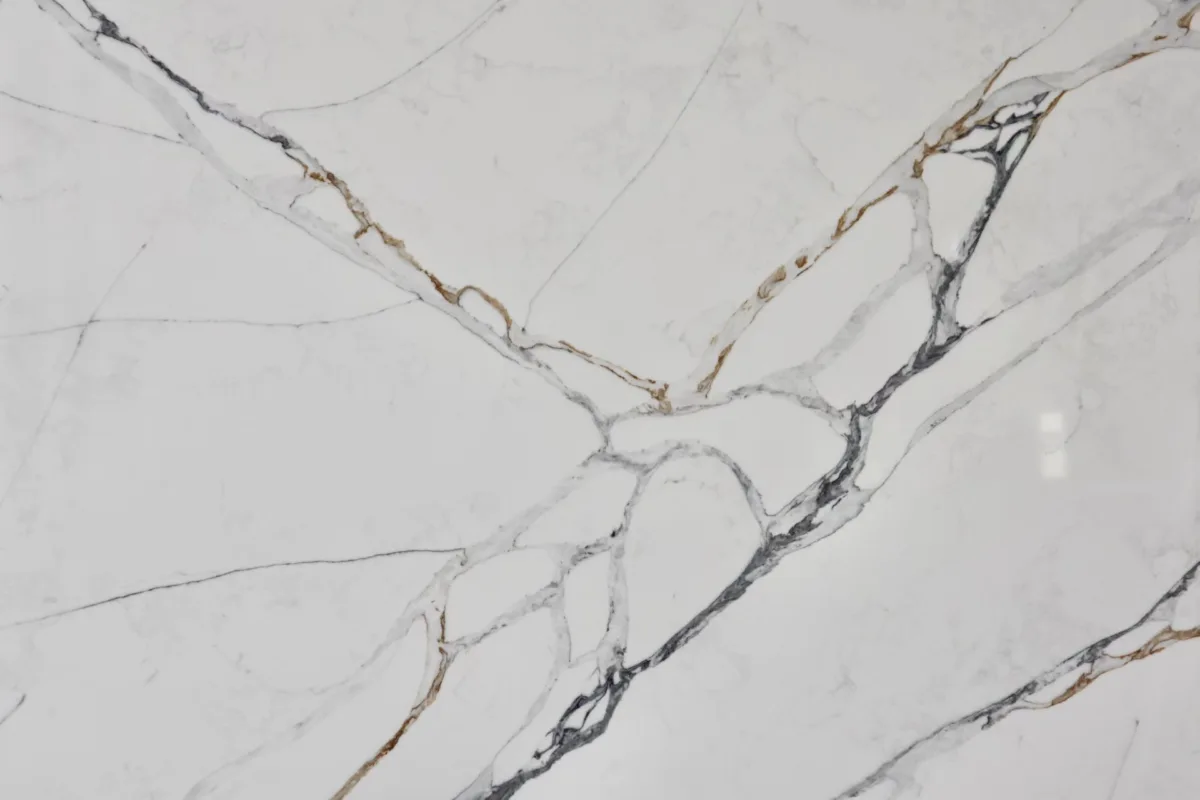Blog
The Pros and Cons of Installing Artificial Quartz Stone Tiles

Artificial quartz stone tiles have become a popular choice for many homeowners and designers due to their durability and aesthetic appeal. These tiles are manufactured through a combination of natural quartz stone with resin binders and pigments, creating a versatile and robust material suitable for various applications. However, like any building material, they come with their own set of advantages and disadvantages.
Pros of Artificial Quartz Stone Tiles
- Durability and Strength: Artificial quartz is known for its durability. It is resistant to scratches, chips, and cracks, making it ideal for high-traffic areas in homes and commercial spaces.
- Low Maintenance: Unlike natural stone, artificial quartz does not require sealing. It is non-porous, which means it does not harbor bacteria or viruses, and it’s easy to clean with just soap and water.
- Consistency in Appearance: Since artificial quartz is manufactured, it offers uniformity in color and pattern, which is often a challenge with natural stone. This consistency ensures that the aesthetic look remains constant throughout an area.
- Wide Variety of Designs: Artificial quartz tiles are available in a wide range of colors and patterns, including options that mimic natural stone, concrete, and even wood. This versatility makes it easier for homeowners and designers to match the tiles with different décor styles.
- Stain Resistance: Quartz is highly resistant to staining from cooking oils, liquids, and most household chemicals. This makes it an excellent choice for kitchens and bathrooms.

Cons of Artificial Quartz Stone Tiles
- Cost: Artificial quartz tiles can be more expensive than other tiling options such as ceramic or porcelain. The initial investment is higher, although the durability of quartz can offset this cost over time.
- Limited Heat Resistance: While quartz is generally resistant to heat, prolonged exposure to high temperatures can cause damage like discoloration or cracks. This makes it unsuitable for certain applications, such as directly around fireplaces.
- Weight: Quartz tiles are heavier than other types of tiles, which can complicate the installation process. The subflooring must be capable of supporting the weight, and professional installation is often recommended.
- Environmental Impact: The manufacturing process of artificial quartz tiles is energy-intensive and involves synthetic resins, which are not environmentally friendly. This aspect might concern environmentally conscious consumers.
- Difficult Repairs: Although quartz is durable, if it does get damaged, it can be challenging to repair seamlessly because of its uniform appearance. Replacement might be necessary to restore the aesthetic integrity.

Conclusion
Choosing artificial quartz stone tiles comes down to balancing their advantages against their disadvantages. Their durability, low maintenance, and aesthetic appeal make them an excellent choice for many homeowners. However, factors such as cost, environmental considerations, and heat sensitivity should be carefully considered before making a decision. By understanding these pros and cons, homeowners and designers can make informed choices that best suit their specific needs and preferences.